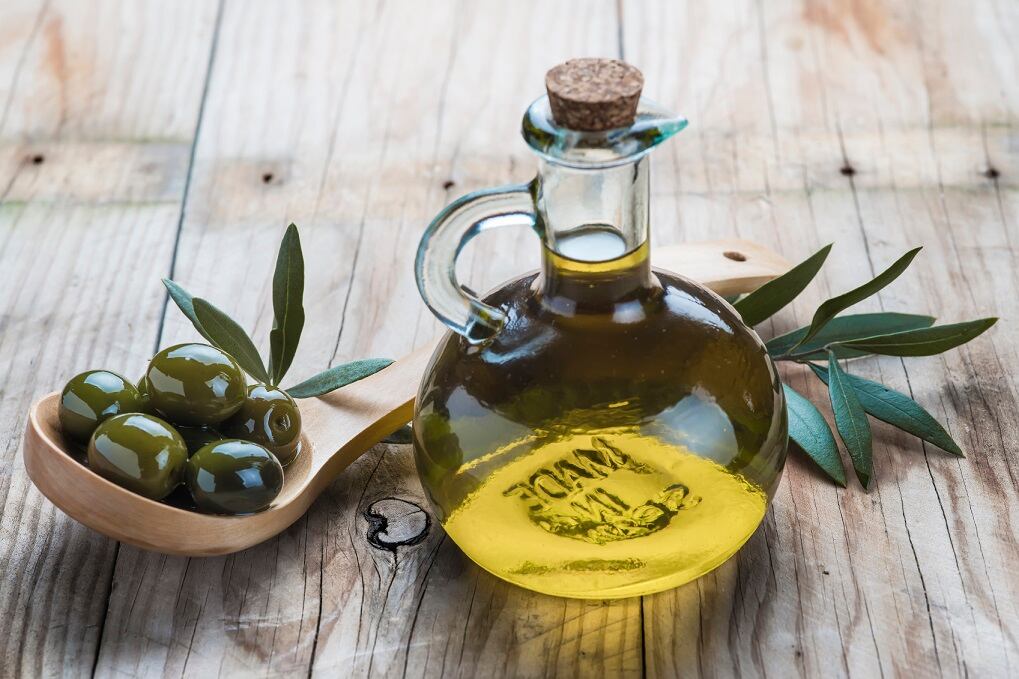Young male volunteers consuming polyphenol-rich olive oil displayed a 12% reduction in total LDL particles, compared with a 5% increase in men consuming a low-polyphenol olive oil, according to findings published in the Journal of Nutrition.
The polyphenol-rich olive oil was also associated with a reduction in the atherogenicity of LDL, which was measured by a decrease in small LDL particles and enhanced resistance of LDL against oxidation, said the researchers.
“The present work shows that 3-week consumption of olive oil polyphenols decreased LDL concentrations and LDL atherogenicity in vivo and reveals, to date, some of the most considerable decreases in the number of total and small LDL particles that have been reported in humans due to dietary bioactive compounds,” they wrote.
Study details
The results were obtained from a randomized, cross-over controlled trial in a subset of participants in the EUROLIVE (Effect of Olive Oil Consumption on Oxidative Damage in European Populations) study. European men aged between 20 and 59 were randomly assigned to receive 25 mL of either a low or high polyphenol olive oil every day for three weeks. The polyphenol doses of the low and high groups were 2.7 mg/kg and 366 mg/kg, respectively.
Results showed that LDL concentrations, as measured by apolipoprotein B-100 levels and the total number of LDL particles, decreased in the high-polyphenol group, compared to baseline, and these changes were significant compared to those observed in the low-dose group.
In addition, significant decreases in atherogenicity were also observed in the high-dose group, with the LDL oxidation lag time increasing by 5.0%.
“LDLs are […] associated with early atherosclerosis and high cardiovascular risk and were directly related to a greater incidence of cardiovascular events in some studies,” explained the researchers.
“In our data, the number of small LDL particles decreased by 15.3% after the consumption of olive oil polyphenols. This decrease was greater when there was a higher adherence to the [high polyphenol content olive oil] intervention.”

Elucidating the mechanism
Using another 18 men from the bigger EUROLIVE study, the researchers assessed the expression of genes to produce lipoprotein lipase. Results of this study showed that gene expression increased by 26% from baseline after consumption of the high-polyphenol olive oil, while no changes were observed in the low polyphenol olive oil group.
“[I]ncreases in the expression of LPL may help the organism to decrease concentrations of triglyceride-rich lipoproteins (e.g., LDL), because LPL is the main enzyme involved in the removal of triglycerides from the blood and presents some LDL receptor activity,” explained the researchers.
The potential antioxidant activity of the polyphenols in olive oil may also be behind the results observed, noted the researchers, which would decrease the oxidation of LDL and reduce the risk of atherosclerotic plaque formation.
“In conclusion, the consumption of olive oil polyphenols decreased LDL concentrations directly measured as concentrations of apo B-100 and the total number of LDL particles,” they wrote. “The consumption of olive oil polyphenols also decreased LDL atherogenicity, as reflected in the smaller number of small LDL particles and enhanced LDL resistance against oxidation.
“An improved oxidative status and an increased gene expression of LPL may contribute to explain these changes. These data support previous evidence indicating that olive oil polyphenols can contribute highly to the control of cardiovascular risk.”
Source: Journal of Nutrition
Published online ahead of print, doi:10.3945/jn.115.211557
“Olive Oil Polyphenols Decrease LDL Concentrations and LDL Atherogenicity in Men in a Randomized Controlled Trial”
Authors: A. Hernaez, A.T. Remaley, M. Farras, et al.

